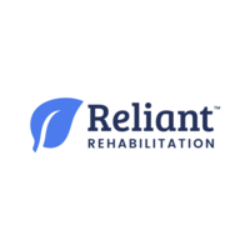As the country continues to take a proactive, preventative approach to reduce the spread of COVID-19, social distancing and visitor restrictions in long-term care challenge us to use alternative means for connecting patients, family members/responsible parties, and long-term care staff. On March 13, 2020, the Centers for Medicare & Medicaid Services (CMS) issued Guidance for Infection Control and Prevention of Coronavirus Disease 2019 (COVID-19) in Nursing Homes (Revised) stating:
“In lieu of visits, facilities should consider offering alternative means of communication for people who would otherwise visit, such as virtual communications (phone, video-communication, etc.)”1
When choosing to use video communication, the US Department of Health and Human Services provides guidance regarding which video communication platforms are safe to use and which are not. For example, FaceTime and Skype* are classified as non-public facing remote communication products while TikTok, Facebook Live, and Twitch are public-facing products. Public-facing products are not acceptable to use.
When video chatting, be mindful of the following:
- Obtain proper authorization for use or disclosure from the resident/patient/responsible party.
- Make reasonable efforts to ensure others, not authorized to participate in the video chat, cannot hear the discussions.
- Ensure other patients are not in the background of the video chat to prevent unauthorized use or disclosure of that individual.
- Confirm the party answering the video chat is the appropriate party before proceeding with discussions.
- Be sure when ending video chat that it successfully ends so that other conversations or videos are not accidentally seen or overheard.
*FaceTime and Skype means of communication are not supported by HIPAA regulations outside of the current healthcare emergency. The Office of Civil Rights states:
“Health care providers may use popular applications that allow for video chats, such as FaceTime and Skype, to provide telehealth without risk that OCR might seek to impose a penalty for noncompliance with the HIPAA Rules related to the good faith provision of telehealth during the COVID-19 nationwide public health emergency.”2
1 https://www.cms.gov/files/document/qso-20-14-nh-revised.pdf
2https://www.hhs.gov/hipaa/for-professionals/special-topics/emergency-preparedness/notification-enforcement-discretion-telehealth/index.html

